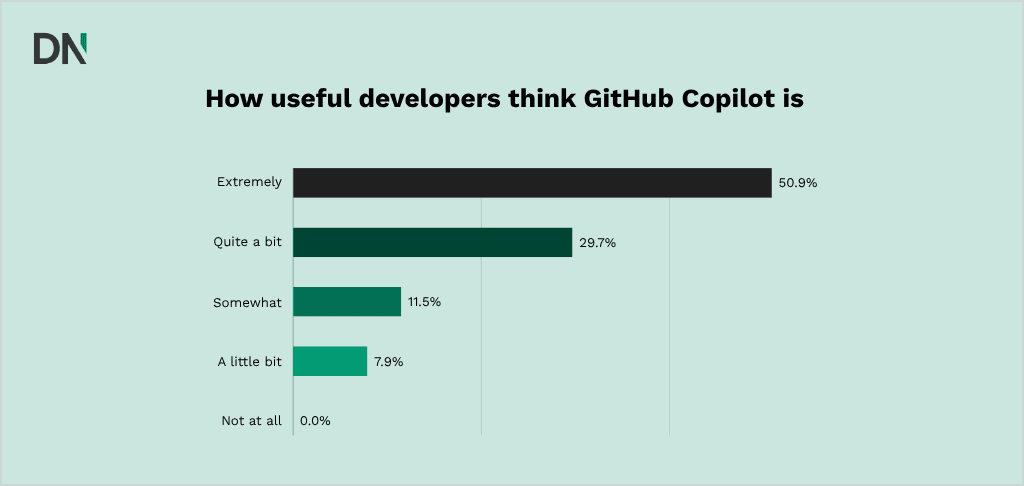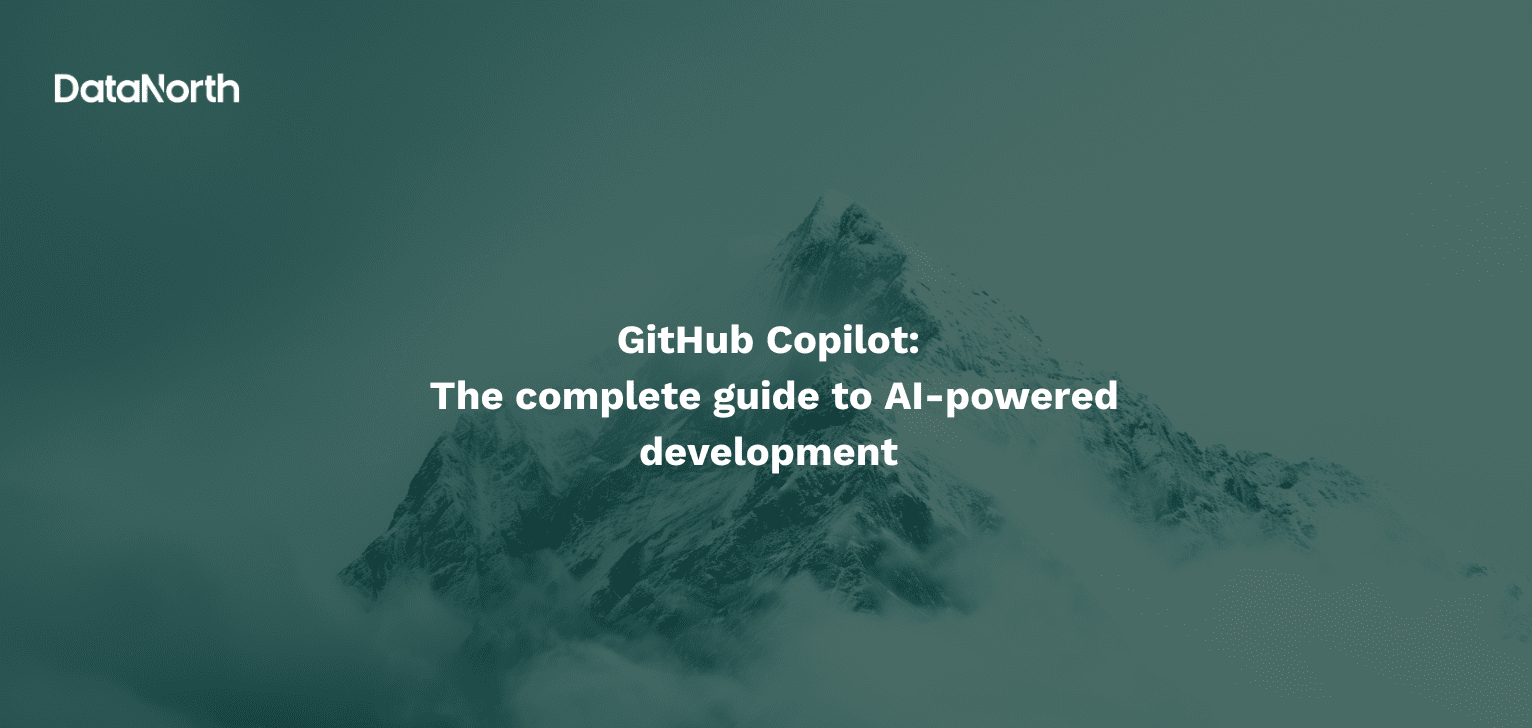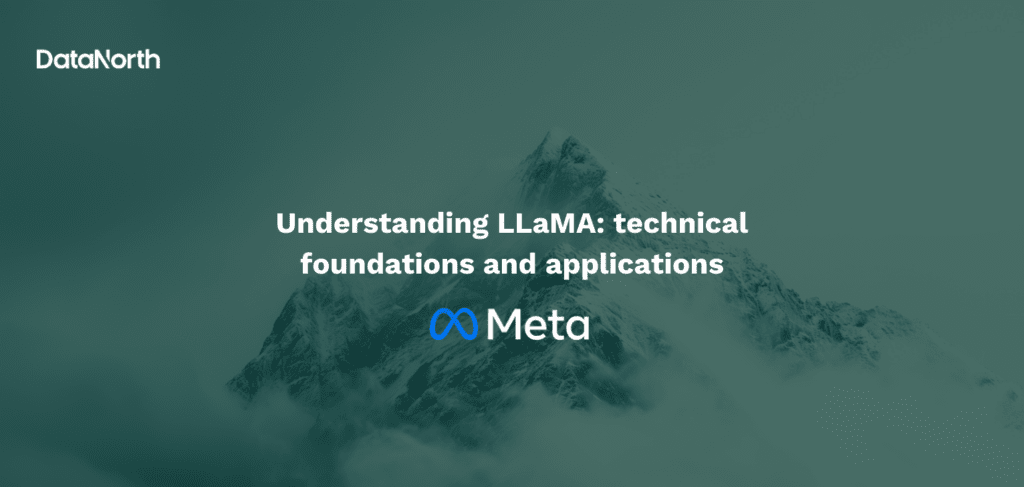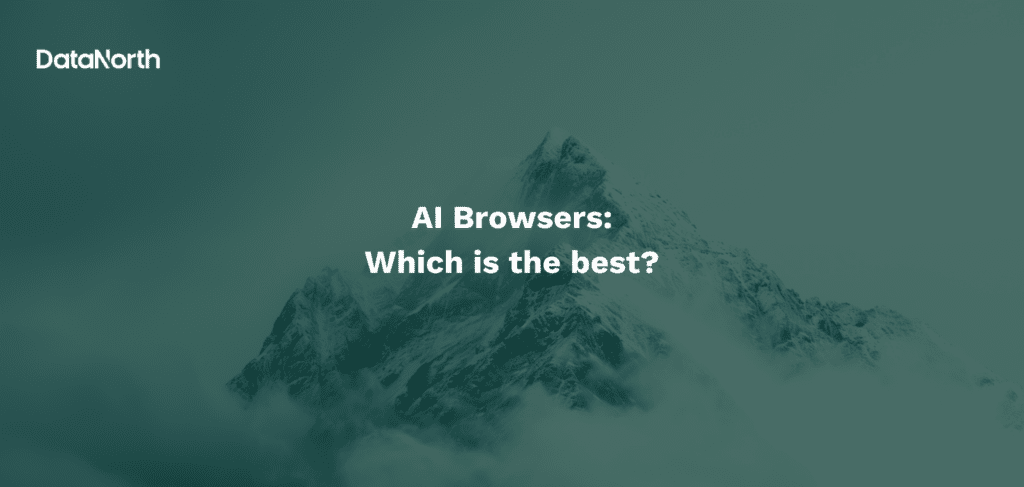GitHub Copilot is an AI-powered code completion tool developed by GitHub in collaboration with OpenAI. Launched in 2021, it functions as an intelligent coding assistant that suggests code snippets, entire functions, and even complex algorithms directly within your code editor as you type.
Built on OpenAI’s Codex model, GitHub Copilot has been trained on billions of lines of public code from GitHub repositories. This training enables it to understand programming contexts across dozens of languages and frameworks, turning natural language comments into functional code and adapting to individual coding styles.
For development teams and solo programmers alike, GitHub Copilot accelerates the coding process by handling repetitive tasks, suggesting best practices, and reducing the time spent searching for syntax or documentation. As AI continues reshaping software development, understanding how to effectively use GitHub Copilot has become increasingly valuable for staying competitive in the tech industry.
In this article we will dive into the specifics of GitHub Copilot, what it is, how much it costs and potential downsides and benefits of using it.
Why use AI coding assistants?
The software development industry faces pressure. Developer shortages, accelerating digital transformation demands and rising complexity of modern applications create a perfect storm requiring immediate solutions. GitHub Copilot addresses these challenges by augmenting human capability rather than replacing it.
Recent market research indicates the AI coding assistant sector will grow from $5.5 billion in 2024 to $47.3 billion by 2034, representing a 24% compound annual growth rate. This explosive growth reflects fundamental shifts in how organizations approach software development, moving from manual coding to AI-augmented workflows that deliver measurable business outcomes.
Projected growth trajectories for the AI coding assistant market show exponential expansion, with estimates varying significantly across research firms but all indicating substantial market opportunities through 2030 and beyond.
The statistics speak volumes. Over 50,000 organizations, including one-third of Fortune 500 companies, have integrated GitHub Copilot into their development workflows. Code completion speeds accelerate by 55% in controlled environments. These metrics demonstrate not just tool adoption but actual business transformation.
What is GitHub Copilot and how does it work?
GitHub Copilot represents Microsoft’s flagship AI-powered coding assistant, built on OpenAI’s advanced language models and trained on billions of lines of public code repositories. The platform integrates directly into popular development environments including Visual Studio Code, JetBrains IDEs, Neovim and Xcode.
The system operates through multiple interaction modes. Code completion provides real-time suggestions as developers type, offering everything from single-line completions to entire function implementations. Copilot Chat enables natural language conversations about code, allowing developers to ask questions, request explanations, or specify modifications using conversational prompts.
One of the advantages of Github Copilot is the multi-model flexibility. Users can switch between leading AI models including OpenAI’s GPT-4o, Anthropic’s Claude 3.5 Sonnet and Google’s Gemini 1.5 Pro depending on specific use cases. This approach recognizes that different models excel at different programming tasks, providing developers with optimal AI assistance for each scenario.
The platform’s autonomous coding capabilities extend beyond simple suggestions. Copilot’s coding agent can be assigned GitHub issues, automatically planning and implementing solutions, then creating pull requests for human review. This agentic approach transforms how development teams handle routine maintenance and feature implementation.
How much does GitHub Copilot cost?
GitHub offers a comprehensive pricing structure designed to accommodate individual developers, growing teams and enterprise organizations. Understanding these options is crucial for budget planning and ROI calculations.
| Type | Cost (monthly) | Requests | Features |
| Free | $0 | 2,000 monthly code completions and 50 chat requests | AI-assisted coding |
| Pro | $10 | 300 premium requests | Full-featured AI assistance |
| Pro+ | $39 | 300 per user per month | All available models |
| Business | $19 per user | 1,000 per user per month | Advanced security, knowledge bases and administrative controls |
What business applications deliver the highest ROI?
Software development acceleration
Real-world implementations demonstrate substantial productivity improvements across diverse industry sectors. Duolingo achieved a 25% increase in developer speed for engineers new to codebases. Their median code review turnaround time decreased by 67%, while pull request volume increased 70%, indicating both faster development and higher throughput per developer.
Accenture’s enterprise deployment showcased scalable benefits. Over 80% of their developers successfully adopted Copilot, with 67% engaging at least five days weekly. The organization experienced an 8.69% increase in pull requests, 15% improvement in merge rates and 84% increase in successful builds. These metrics translate directly into accelerated product delivery and reduced development costs.

Enterprise digital transformation
Financial services organizations leverage GitHub Copilot to modernize legacy systems while maintaining regulatory compliance. Saxo Bank uses the platform to unblock developers and align AI adoption with strategic business objectives. Emirates NBD positions Copilot as a cornerstone of its generative AI transformation, enhancing organizational agility.
Manufacturing sector adoption demonstrates versatility beyond traditional tech companies. Carlsberg unifies development practices using GitHub Enterprise and Copilot, accelerating innovation while standardizing development platforms across global operations. This approach enables consistent development practices while reducing operational complexity.
Startup and SME competitive advantage
Small and medium enterprises utilize GitHub Copilot as a force multiplier, enabling smaller teams to compete with larger organizations. Research indicates SMEs adopt generative AI at higher rates (approximately 80%) compared to larger counterparts (50%), using AI tools to overcome resource constraints and accelerate product development.
What are the potential risks of Copilot Github?
Security and privacy considerations
GitHub Copilot presents several security challenges requiring proactive management. Secret leakage represents a primary concern, with research indicating that coding assistants can potentially expose sensitive information including API keys, passwords and proprietary code snippets. A report by Gitguardian found that 6.4% of repositories using Copilot leaked at least one secret, 40% higher than the general repository average.
Vulnerable code generation poses another significant risk. AI-generated suggestions may contain security flaws, especially for edge cases not well-represented in training data. Organizations must implement rigorous code review processes and automated security scanning to identify and remediate potential vulnerabilities before production deployment.
Data privacy concerns affect enterprises handling sensitive information. When developers use GitHub Copilot, code snippets are transmitted to external servers for processing. While GitHub provides strong security measures, organizations with strict data governance requirements should evaluate Business or Enterprise tiers that exclude proprietary data from model training.
Code quality and dependency risks
Over-reliance on AI assistance can lead to skill atrophy among development teams, particularly junior developers who may accept suggestions without fully understanding the underlying logic. Research indicates junior developers accept significantly more AI suggestions than senior developers, potentially impacting long-term skill development.
Context sensitivity limitations mean Copilot may not fully understand broader project architecture, leading to suggestions that work locally but conflict with overall design patterns. Organizations should establish clear guidelines for when to rely on AI assistance versus manual implementation.
Intellectual property concerns arise when AI-generated code potentially includes snippets from public repositories with restrictive licenses. Companies must implement processes to review generated code for licensing compliance and establish policies for IP ownership of AI-assisted development.
Operational risk management
Successful risk mitigation requires comprehensive governance frameworks. Organizations should implement developer training programs focusing on AI tool best practices, security awareness and critical thinking skills. Regular code review protocols must include specific checks for AI-generated content quality and security compliance.
Technical safeguards including automated secret detection, code quality scanning and dependency analysis help identify issues before they reach production environments. GitGuardian and similar platforms can integrate with GitHub Copilot workflows to provide continuous security monitoring.
How to implement Copilot Github?
Strategic planning and assessment
Organizations should begin with comprehensive AI readiness assessments evaluating current development practices, security requirements and team capabilities. DataNorth’s AI Assessment service helps organizations identify optimal implementation strategies and potential technical barriers before deployment.
Pilot program design proves crucial for successful rollouts. Start with 10-50 enthusiastic developers rather than organization-wide deployment. This approach enables measurement of adoption patterns, identification of internal champions and discovery of potential blockers before broader scaling.
Technical implementation
Security configuration must occur before user access. Configure data handling policies, establish access controls and implement monitoring systems to track usage patterns and identify potential security issues. GitHub provides SOC 2 Type 1 compliance and ISO 27001 certification for Business and Enterprise tiers.
Integration planning should address existing development workflows, CI/CD pipelines and security tools. Custom instructions files (.github/copilot-instructions.md) help Copilot understand project-specific requirements, coding standards and testing procedures.
Change management and training
Developer enablement programs accelerate adoption and maximize value realization. Provide hands-on workshops tailored to specific technology stacks and use cases. Research shows that simple enablement emails can boost adoption by 26.4%, while structured training programs significantly improve outcomes.
Continuous monitoring and optimization ensure sustained success. Track key metrics including adoption rates, productivity improvements, code quality indicators and developer satisfaction. Tools like LinearB can correlate Copilot usage with engineering metrics to provide comprehensive impact analysis.
Scaling and governance
Policy framework development establishes guidelines for appropriate AI tool usage, security requirements and quality standards. Regular review cycles help refine these policies as organizational experience grows and AI capabilities evolve.
How DataNorth can accelerate your GitHub Copilot success
DataNorth’s decade of AI consultancy experience positions us uniquely to guide your GitHub Copilot implementation. Our AI Strategy Development service helps organizations navigate the complex landscape of AI coding tools, ensuring alignment with business objectives and technical requirements.
Our Custom AI Implementation expertise extends beyond tool deployment to comprehensive workflow optimization. For professional GitHub Copilot’s integration with existing development practices, security frameworks and quality assurance processes. Through our Training & Workshops, your development teams gain the skills needed to maximize AI assistance while maintaining code quality and security standards.
AIaaS consulting provides ongoing support as your organization scales GitHub Copilot usage. We monitor adoption patterns, optimize configurations and help navigate evolving AI capabilities to ensure sustained competitive advantage through intelligent development practices.





